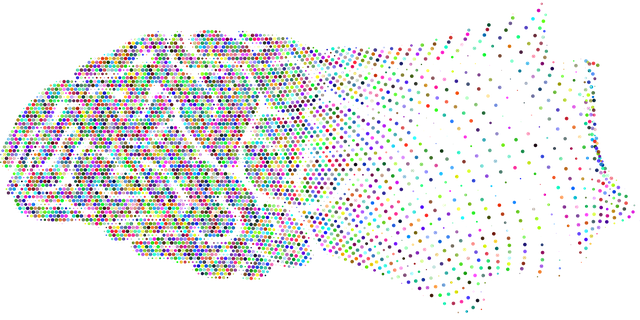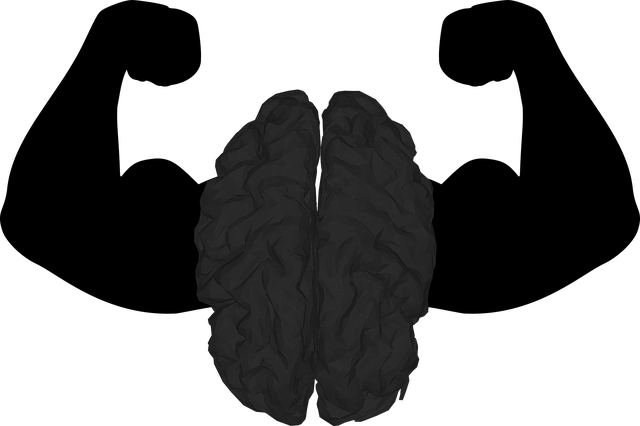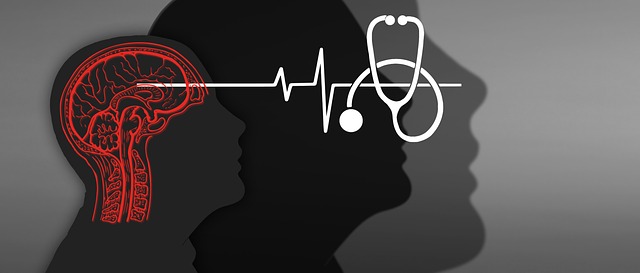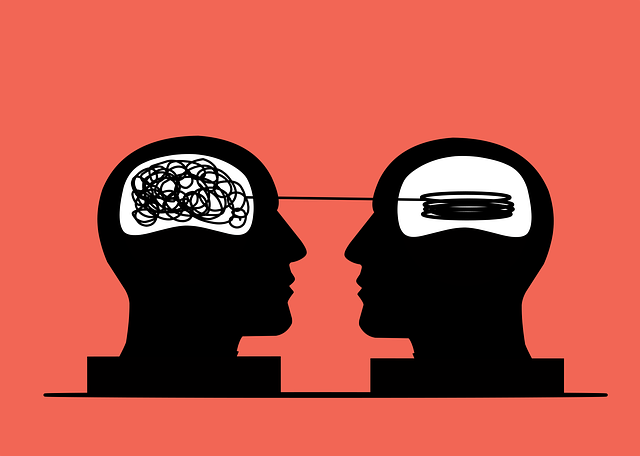Navigating loss and grief is a personal journey, made manageable through Cognitive Behavioral Therapy (CBT), an effective tool in therapy for bereavement. CBT equips individuals with coping skills to challenge negative thoughts, manage emotions, and build resilience, transforming grief into a catalyst for growth and improved mental well-being. By identifying and changing thought patterns, CBT empowers grievers to actively participate in their healing process, fostering cultural sensitivity in sessions to respect unique grief processes.
Grief is a powerful and complex emotion that can profoundly impact our lives. When loss occurs, whether it’s the passing of a loved one or the end of a significant relationship, understanding and managing grief becomes essential. This article explores the emotional journey of loss, bereavement, and grief, offering insights into how Cognitive Behavioral Therapy (CBT) emerges as a powerful tool for healing. Discover how CBT techniques can be integrated into grieving processes and daily life to foster resilience and well-being.
- Understanding Loss, Grief, and Bereavement: The Emotional Journey
- Cognitive Behavioral Therapy (CBT): A Powerful Tool for Healing
- Integrating CBT Techniques into Grieving Processes and Daily Life
Understanding Loss, Grief, and Bereavement: The Emotional Journey

Understanding loss, grief, and bereavement is a complex emotional journey that varies for every individual. It’s a process where one navigates through a maze of intense feelings, including sorrow, anger, confusion, and even relief. This period is often characterized by profound sadness following the death of a loved one or significant loss. The experience can be overwhelming, impacting not just how someone feels but also their thoughts and behaviors.
Counseling, specifically Cognitive Behavioral Therapy (CBT), plays a pivotal role in helping individuals navigate this emotional landscape. CBT equips people with tools to manage their emotions effectively, challenge negative thought patterns, and build resilience. Through therapy, one can learn to process grief in healthy ways, fostering positive thinking and mental health. This approach encourages the development of coping strategies tailored to individual needs, enabling them to transform sorrow into a catalyst for personal growth and enhanced emotional well-being.
Cognitive Behavioral Therapy (CBT): A Powerful Tool for Healing

Cognitive Behavioral Therapy (CBT) has emerged as a powerful tool in the field of grief counseling, offering individuals effective coping skills for navigating loss and bereavement. This therapeutic approach focuses on identifying and changing negative thought patterns and behaviors that can contribute to prolonged or intense grief. By helping clients understand the connection between their thoughts, feelings, and actions, CBT enables them to develop healthier ways of processing sorrow and enhancing mood management.
Through various techniques, CBT promotes self-awareness exercises that encourage individuals to challenge and reframe unhelpful beliefs related to their loss. This process facilitates a more adaptive response to grief, allowing people to gradually resume daily activities while still honoring the memory of their loved ones. By combining cognitive restructuring with behavioral activation, CBT empowers those dealing with bereavement to take proactive steps toward healing and rediscovering meaning in life after loss.
Integrating CBT Techniques into Grieving Processes and Daily Life

Integrating Cognitive Behavioral Therapy (CBT) techniques into grief and bereavement processes offers a powerful approach to healing. CBT focuses on identifying and changing negative thought patterns and behaviors, which can be particularly beneficial for individuals struggling with loss. By incorporating CBT, therapy sessions become more structured, empowering grievers to actively participate in their healing journey. This method encourages the exploration of distressing thoughts and emotions associated with bereavement, helping individuals develop healthier coping mechanisms.
In daily life post-loss, CBT techniques provide practical tools for managing stress and emotional challenges. Grievers can learn to recognize triggers and replace unhelpful thoughts with more adaptive ones, fostering mental health awareness. Cultural sensitivity in mental healthcare practice is also crucial; therapists should be mindful of the unique ways different cultures process grief, ensuring a tailored and respectful therapeutic environment.
Loss, grief, and bereavement counseling are vital components in navigating the emotional landscape after a significant loss. By understanding the unique journey of grief and exploring evidence-based approaches like Cognitive Behavioral Therapy (CBT), individuals can find healing and adapt to their new reality. Integrating CBT techniques allows for a more proactive and effective approach, helping one process emotions, challenge negative thoughts, and rebuild a sense of well-being. This tailored therapy offers a path towards acceptance and resilience during trying times.












